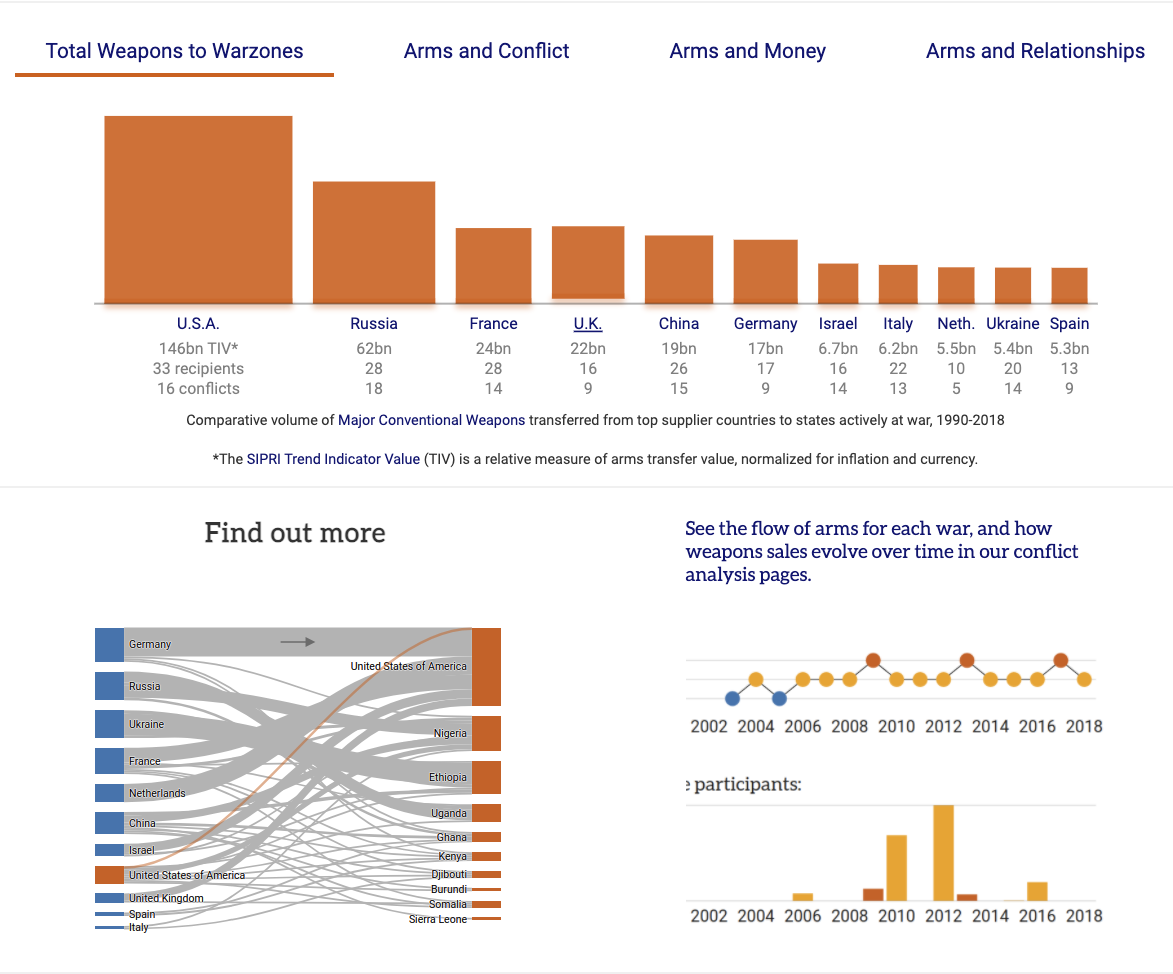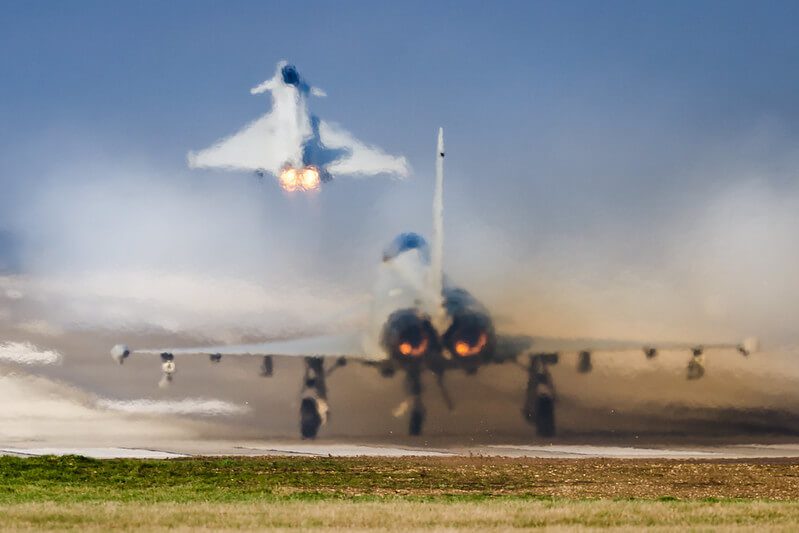The arms trade has proven remarkably resistant to effective controls, with direct enabling consequences on conflict situations, largely because it is driven by security relationships that encompass foreign policy, national security/defense industrial concerns and major corporate interests. Despite the ubiquity of the problem, very little analysis has focused on capturing precisely how these drivers interact. Even less analysis has focused on how the globalized marketplace complicates single-country dynamics. Both matters are crucial to understand in order to develop effective, new policy to control the trade.
This project (2020-2022) aimed to fill this gap by examining the significance of these channels of influence for broader arms export patterns. It further explores the ways in which arms supply decisions and defense industrial relationships interact with exporters’ foreign policy goals towards conflict-affected areas and belligerents.
Key Questions
- How do exporters weigh defense industrial interests against the risk of use and misuse of exported arms in conflict?
- What direct and indirect channels of influence are the arms industry able to use to seek to exert influence on these decisions, and how important are they? How does this industry influence interact with exporting states’ foreign policy considerations?
- How important are long-term arms trade relationships between recipient and supplier countries in driving foreign policy, and how does the outbreak of conflict change this?
- What policy measures might limit the influence of the defense industry on arms export decision-making to reduce the likelihood of arms being supplied to ongoing conflicts?













